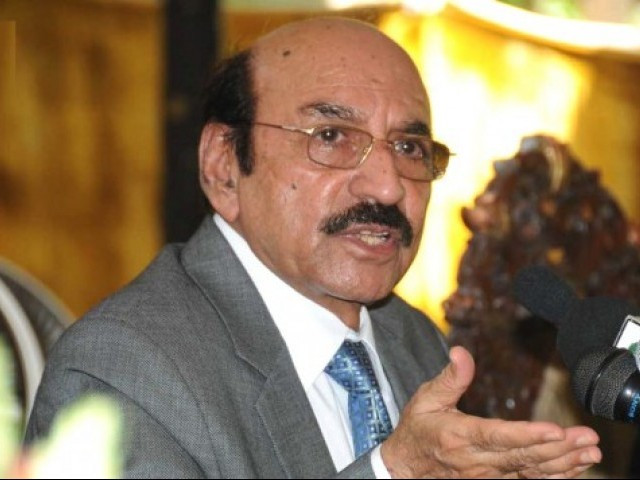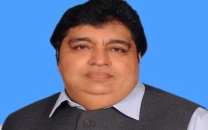Levelling the playing field: Female government job quota to be increased to 7%
CM to make changes to help empower women in the province

Chief Minister Sindh Qaim Ali Shah. PHOTO: EXPRESS
"It was the dream and mission of Benazir Bhutto to empower women and my government is committed to fulfil it in true letter and spirit [of the idea]," he said at a meeting of the Women Development Department (WDD) at CM House on Monday. Taking another landmark decision for women empowerment, the CM decided that all the vacant positions in the WDD will only be given to women. "Any application by male candidates will not be entertained," he said.
Subtle sexism at the workplace

WDD secretary Aijaz Mangi said that his department has constructed a `Working Women Hostel' in Shaheed Benazirabad for Rs13.2 million. The scheme has been completed but police have occupied the hostel and a DIG office has been housed there, he claimed. Shah expressed his displeasure and directed his principal secretary, Alamuddin Bullo, to have the hostel vacated. "This hostel is meant for working women only, it must be returned and used for the purpose for which it has been built," he directed.
Taking action
Mangi said that under the Protection Against Harassment of Women at Workplace Act 2010, 1,000 provincial watch committees have been formed in Sindh. For proper implementation of the act, a committee under Justice (retd) Peer Ali Shah has been formed, he added.
Speaking about Domestic Violence (Prevention and Protection) Act 2013, Mangi said that rules have been prepared, after consulting with stakeholders, and submitted to the law department for vetting. Once the rules are approved by the chief minister, the act will be implemented properly, he assured.
Women and voting: a long road ahead
He said that the Early Child Marriage Restraint Act has been passed by the Sindh Assembly and now it is in the process of implementation. The rules for the act have also been sent to the law department for vetting. Additional chief secretary Aijaz Ali Khan said that Sindh was the first province in the country to enact a law against child marriage, which has been widely appreciated.
He said that the provincial commission on the Status of Women Act 2015 was also passed by the Sindh Assembly on March 2. "The commission has to examine the policy, programmes and other measures taken by the government for gender equability, women empowerment and political participation," Khan said, adding that it will also review all provincial laws, rules, regulations, pre-judicial to legitimate interest and the rights of women.

Chief secretary Muhammad Siddique Memon said that provincial home-based women worker policy is also in process. "The draft bill has been discussed by the cabinet committee and will be presented in the assembly very soon," he assured.
The CM said that he had released Rs130 million for developing an endowment fund to give small loans to women artisans. "The policy to grant loans from Rs50,000 to Rs100,000 through the Sindh Bank has also been formed," he said, asking why it has been delayed despite all this.
In patriarchal Nepal, first female president works for equality
Memon said that the fund has been established at Sindh Bank. "I am personally monitoring the design of the application form. The first draw of the loans will be performed by the CM in the first week of January," he promised.Presently, 10 of the department's development schemes of Rs400 million under ADP 2015-16 are in progress, of which eight are ongoing and two are new.
Shah directed Khan to approve the schemes at the next ADP meeting.
Published in The Express Tribune, December 1st, 2015.



















COMMENTS
Comments are moderated and generally will be posted if they are on-topic and not abusive.
For more information, please see our Comments FAQ